Glimpses of a Possible Future
As part of Makespace’s 5th Birthday celebrations we were delighted to celebrate and platform some of the projects from across Oxford which have inspired us along our journey so far.
Together these projects form part of a growing movement of local communities transforming land, housing and civic infrastructure to work better for people and planet. Listen again and find out more below.
Why ‘glimpses of a possible future’?
Back in 2020, during the first national lockdown of the Coronavirus pandemic, local artist and former Makespace resident, Nor, created an intervention in the window of an empty building in Oxford city centre which would later become the Community Works. This beautiful creation was designed to signal that change - and the reanimation of these neglected buildings - was seeded. In these five simple words Nor encapsulates perfectly what Makespace and many around us are trying to do; create glimpses of a future we all want to be part of.
As we celebrate the 5th anniversary of Makespace at Aristotle Lane, where it all began, and of our mission more widely, we thought what better excuse to reach out to some of our collaborators and those we are working alongside, who are also on journeys to create people powered placemaking.
In search of ingredients
As part of the series of conversations, we invited some of our partners and co-curators to sit with us, share their journey, their learnings and their hard-won insights.
We asked each group, what kind of a future do we want to make together? And, what ingredients would you like to offer up from what you’ve learned for co-creating a future that we all want to be a part of, that fosters a sense of belonging and centres health, equity and joy?
Making space
The conversations were held in the ‘Community Wealth Building Dome’ – a pop-up space that was erected at our Aristotle Lane hub as part of our 5th Birthday celebrations. This space was conceived by former colleague Dr Dianne Regisford in her role as Makespace’s Community Wealth Building Advocate for the Owned by Oxford project and originally hosted events in Blackbird Leys.
We wanted to create a space for intimate discussions and explorations alongside the 5th Birthday celebrations and revelry, with a focus on sharing stories and insights, built around collective organising.
Who we spoke with
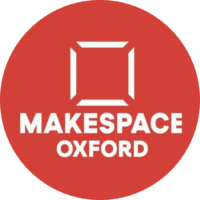
#01 Making space in vacant buildings, in the UK’s least affordable city.
We kicked off the conversations with Makespace Oxfordshire Co-founder, Andy Edwards, and Communications Manager, Hannah Pye, reflecting on what we’ve learned and what ingredients we would like to offer up.
As well as acknowledging how vital the collaborations, learnings and support from projects around us have been, we focused on celebrating our community of residents who had brought Aristotle Lane to life and who have been (and continue to be) a central part of our exploration in creating a new kinds of work and community spaces.
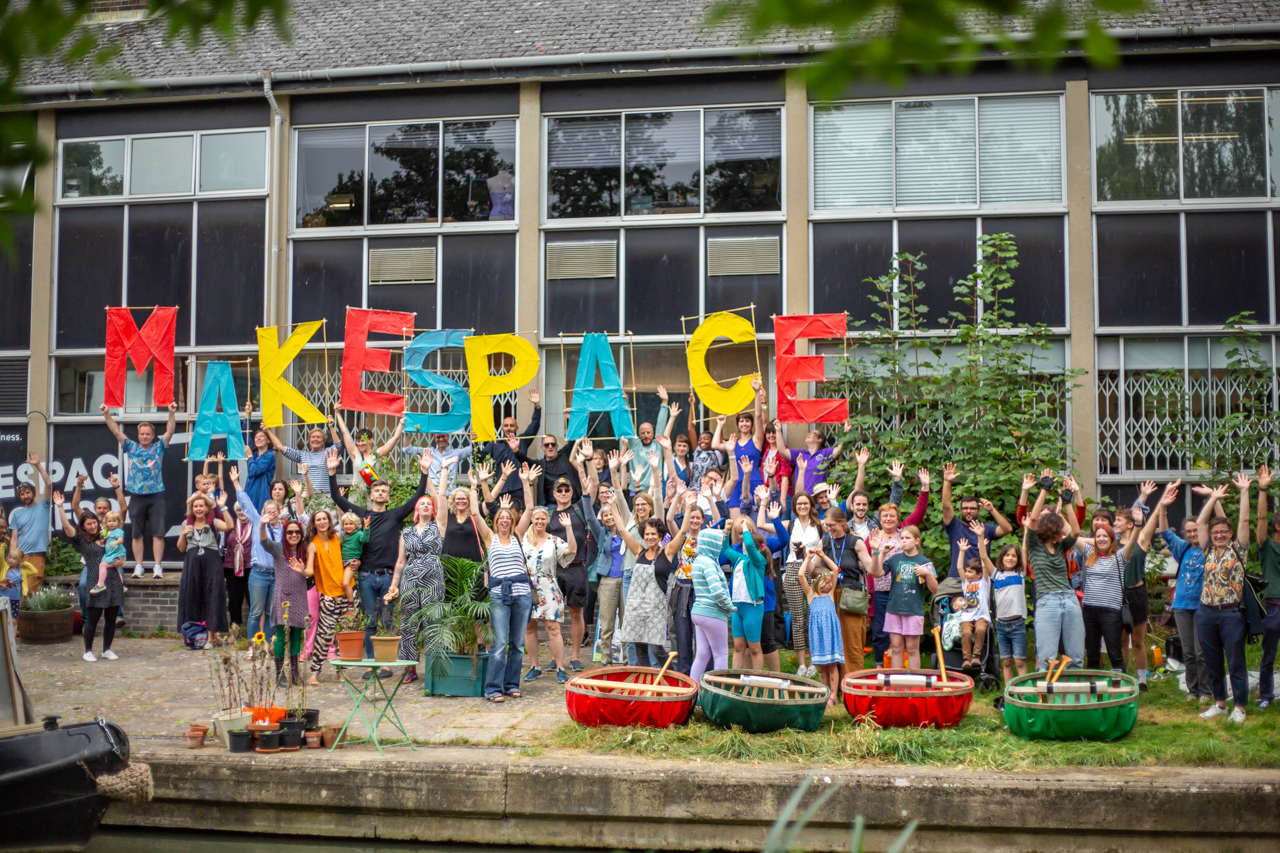
“For Makespace, it’s about creating the conditions for connection and collaboration, relinquishing control and allowing for emergence… We’re just trying to put together the right conditions and the right ingredients so that organisations that are already doing brilliant work in our community can grow, develop and thrive.”
Andy Edwards, Makespace Oxfordshire
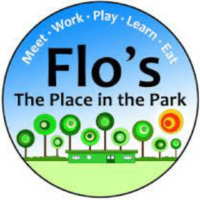
#02 Making space for a community hub in a former children’s centre in Florence Park, East Oxford.
We spoke with co-founder, Annie Davy and Community Manager, Makena Lohr, about Flo’s – The Place in the Park, who also celebrated their 5th Birthday this Autumn, and whose journey tracks Makespace’s very closely.
In 2018 a group of local activists stepped in to revive a Childrens Centre in the heart of East Oxford which had been closed due to Oxfordshire County Council’s cuts. 36 of the 44 Children’s Centre across the county have been closed since 2010.
he group formed a Community Benefit Society and set about retaining the original midwives and nursery provision whilst developing plans for reopening the main centre as a community hub that would go on to host a community cafe, refill shop, events spaces, a sensory garden and incubate a range of local enterprises including, Damascus Rose Kitchen, Oxford Community Action and No Vice Ice.
Flo’s approach was to go deep, putting down roots in their local community and building a fresh vision for the building together.
Both Annie and Makena have been at Flo’s since the beginning and watched the project develop rapidly from a volunteer group to a paid staff team of 40 people and dozens of volunteers. In 2022 Flo’s were winners of the Social Enterprise of the Year Award from Social Enterprise UK.
In offering up an ingredient for the future – Annie described how it was in the name – Flo’s was originally registered as ‘People Place Participation’. These three pillars which underpin everything they do:
“I think it’s really about honouring the ‘people place participation’ – coming back to that again and again – honouring the sense of place, the location you’re in, the community that’s around you, what’s already going on, its history, and its roots. And, really listening to people and where they are at.”
Annie Davy, Flo’s The Place in the Park
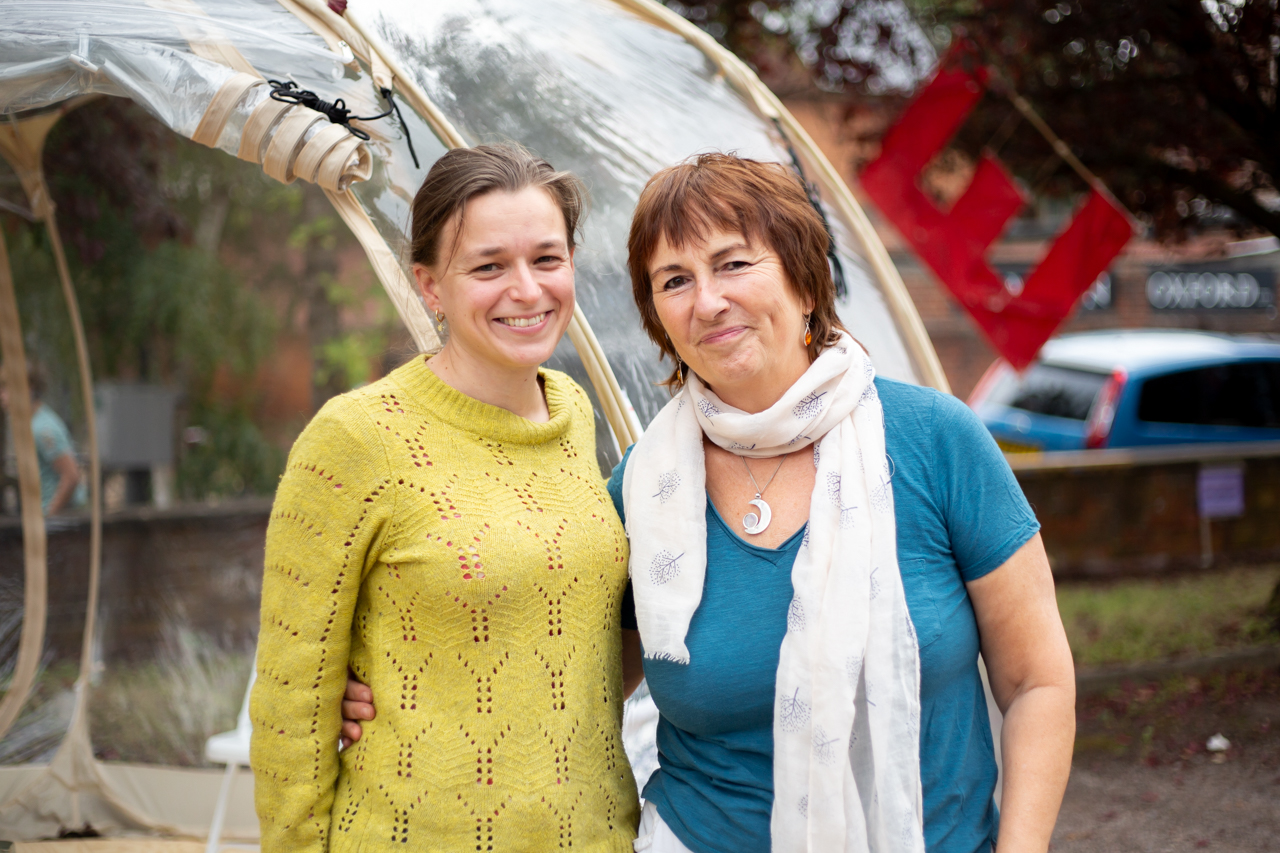

#03 Making space for transforming education by growing connections with the more-than-human living world.
We spoke with Sarah Thorne, founding Director of The Children’s Allotment in Cowley, East Oxford.
The Children’s Allotment was initiated and conceived by Alice Hemming, who sadly was not able to join us for the conversation as she was recovering from COVID at the time.
Alice developed the vision, convened a passionate group of local families and negotiated a 10-year lease from Oxford City Council to reclaim a derelict former nursery on the fringes of the East Ward Allotments.
Over the last five years a dedicated group of volunteers have cleared, rebuilt and nurtured a space that is now home to a forest school, radical education project, Roots, a growing space and host to a range of seasonal community events and gatherings.
Sarah shared the value of building projects with children involved at every step, acknowledging that it takes more time and can be more complex, but offers a new way of working and learning across generations, where kids can develop a sense of ownership and belonging through the process.
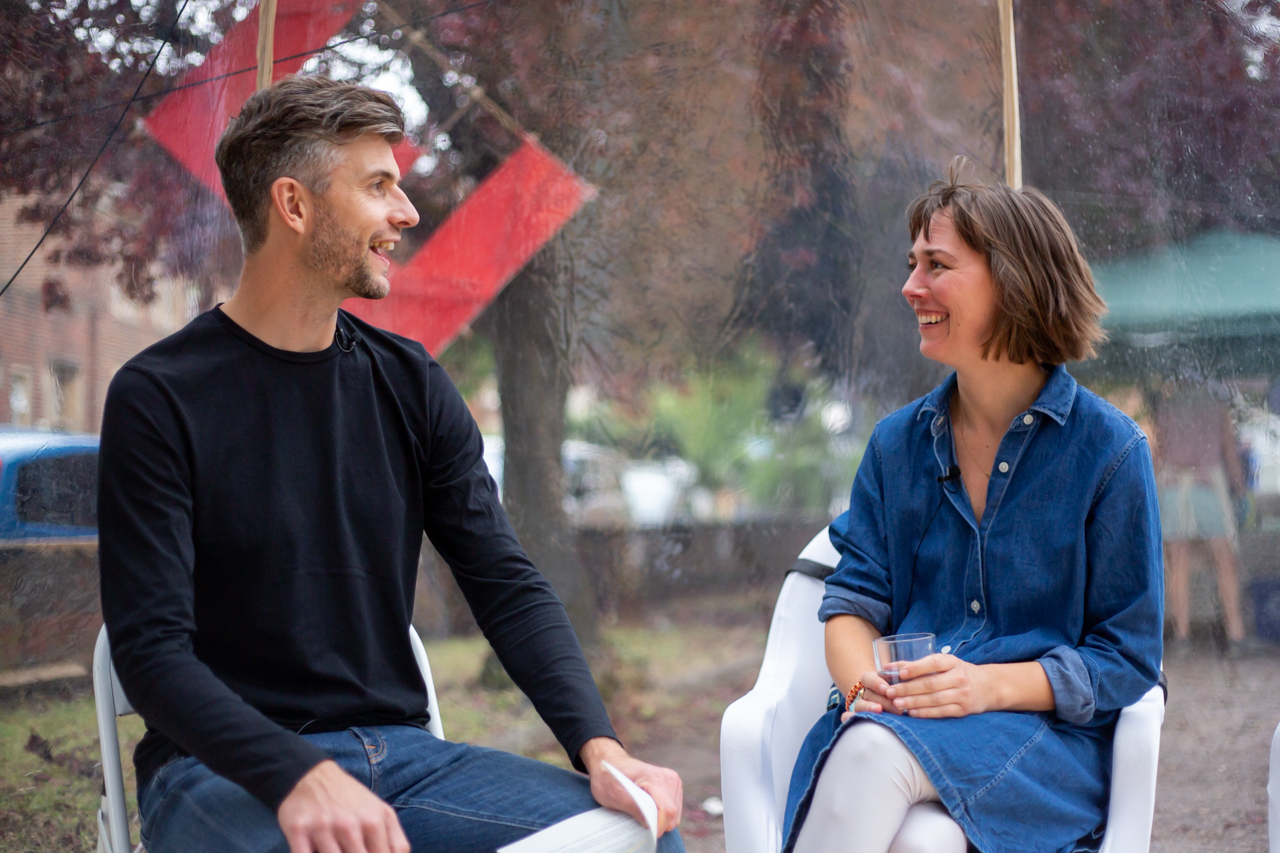
“We started gathering people together who were interested in alternative and inspiring practices to education. From the beginning we always had children in the space. We had working groups, we invited people to come and give talks. … And that brought in a wide range of different people who were interested who also mostly had small children and we always had childcare at those sessions. … it was like it wasn’t a separate thing…. that became an integral part of how we worked as a group and we grew as a group. We always thought it really had kids at the heart of it.”
Sarah Thorne, The Children’s Allotment
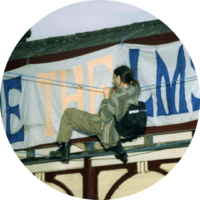
#04 Making space for grassroots resistance and community led place guarding.
We spoke with Rob Sykes from the 1998 LMS Occupation about their recent exhibition at the Community Works and the Old Fire Station, celebrating 25 years since the occupation of the former Oxford rail station.
The historic Grade II * Listed building the group occupied was eventually demolished to make way for the Said Business School, funded in part by the former arms deal fixer and businessman, Wafic Said.
In his fascinating account of the 4-month occupation that drew widespread public support and a great deal of media attention, Rob sketched out the magic (as well as the risks and challenges) of bringing people together in a spontaneous way.
The LMS occupation built a temporary autonomous space where local citizens could envision how public land might be developed in the future, whilst safeguarding and celebrating local heritage.
Rob offered up the ingredient of the slow, patient and often messy work of community building,
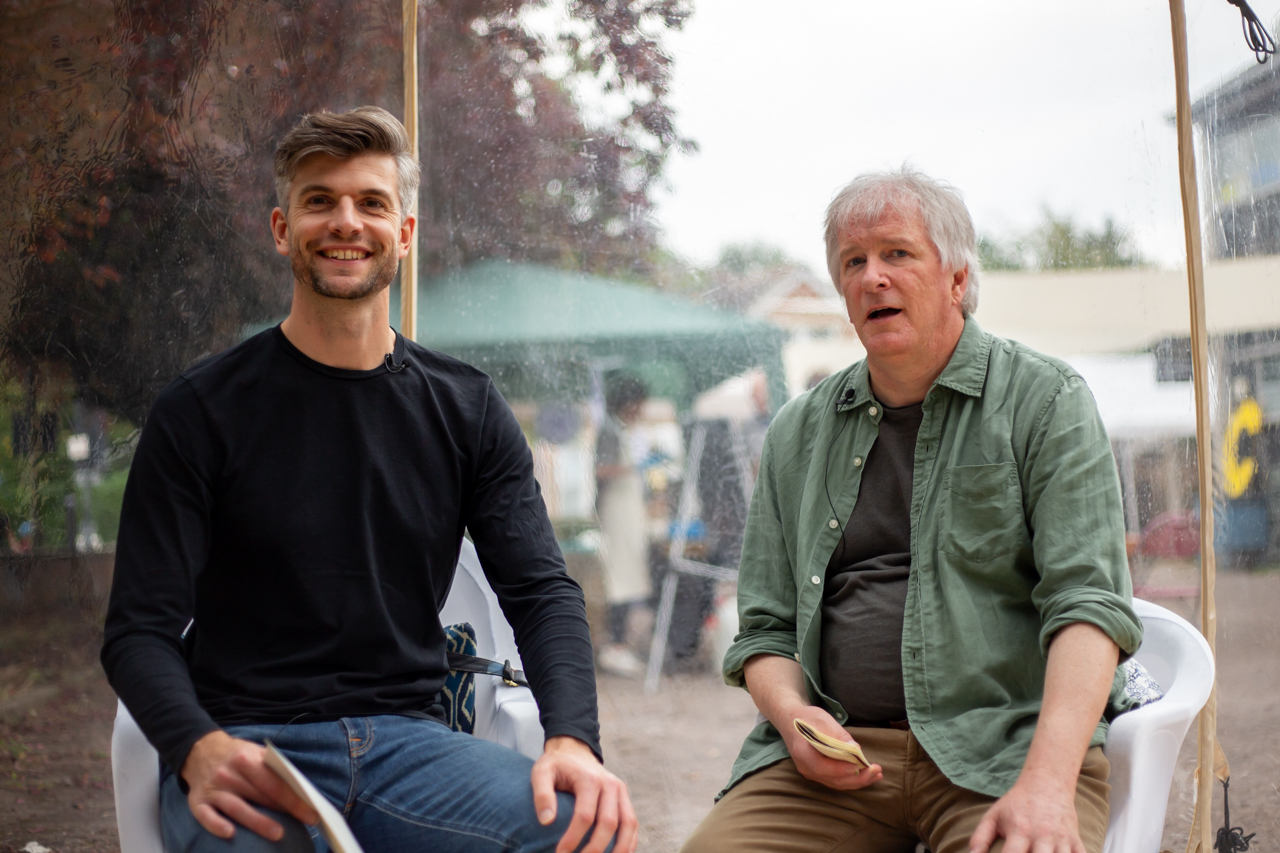
“I suppose the most important lessons for the future really come down to what we found we had to do to make this space work as a community.
“We did go to considerable lengths to involve people in decision making. We had interminable meetings. We had this big circle of sofas in the middle of the room that people donated, where everything had to be decided by consensus. Some of the time it just made you want to tear out your hair but also when it worked, and people decided on things and then actually did them, particularly in terms of making the space a better and nicer place to live, it was really inspiring to see that actually working.”
Rob Sykes, 1998 LMS Occupation
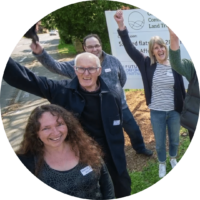
#05 Making space for genuinely affordable community led housing.
We spoke with Deborah Glass Woodin, former local councillor, activist, occasional human bollard and current Director of Oxfordshire Community Land Trust (OCLT)about the launch of their recent project Croft’s Court, which has built eight new permanently affordable homes in the Vale of White Horse on a formerly vacant brownfield site.
The project hopes to bring residents together and democratise management of the building through the creation of a tenant managed co-operative.
In this podcast, Deborah offered up the ingredients of grit, determination, and simply making something happen, that can’t be underestimated – adopting the principle of show, don’t tell.
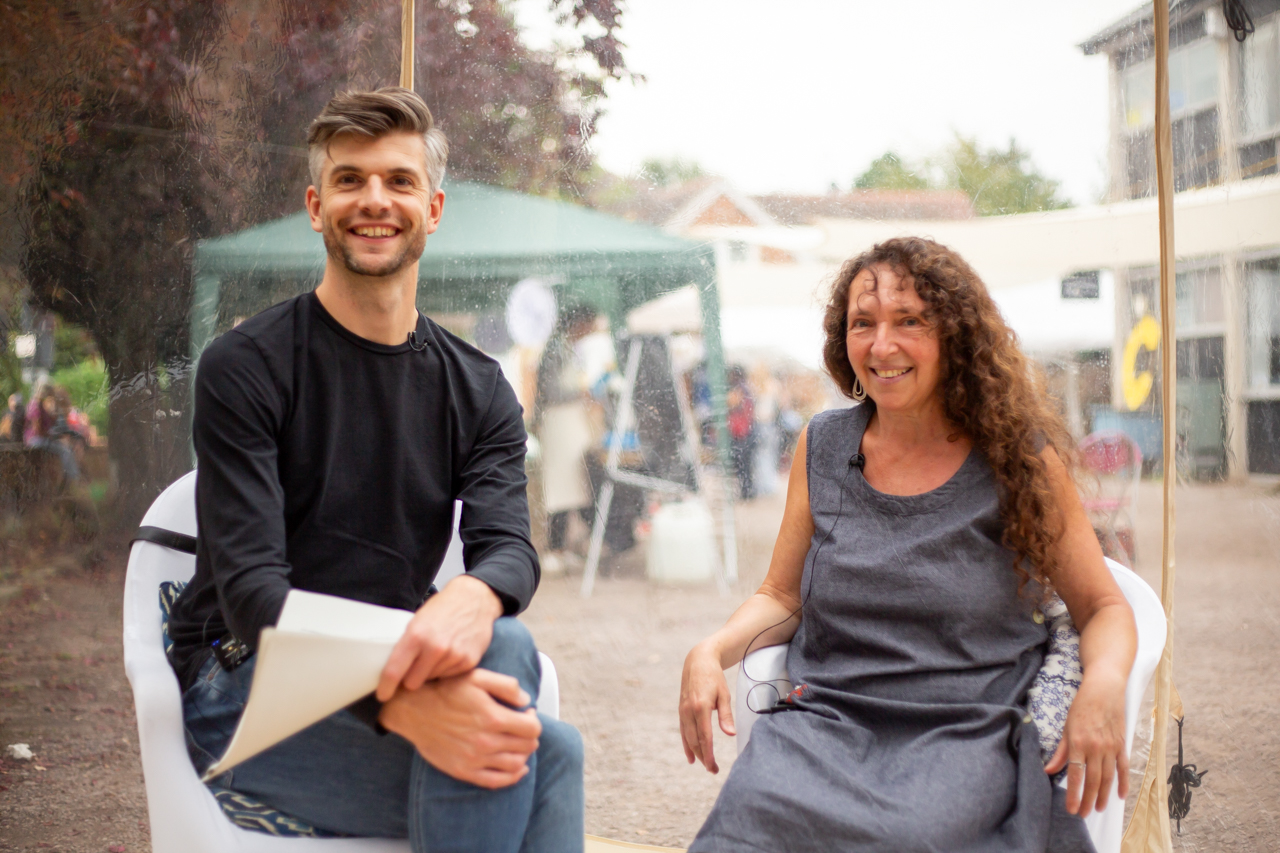
“Passion and a belief backed up by the reality on the ground, which shows that you can do it… I hope we inspire people that things can be done differently.
There’s this real gap I see between the decision makers, the councils, the developers, the private sector, and the community on the ground. So maybe the reality of what we’ve done, bridges that a little.”
Deborah Glass-Woodin, OCLT
The late great architect, thinker and anarchist Colin Ward suggested that “every kind of human activity should begin from what is local and immediate”, and it feels like that encapsulates the LMS protests approach beautifully.
More information about the exhibition which offers more in-depth reflections and details of the campaign, previously hosted at the Community Works and Old Fire Station, contact Rob Sykes.

#06 Making space for new ways of designing with and for communities.
We spoke with Alex Towler and Sammy-Jo Hagan, Co-founder and Architect at Transition by Design, about their role in incubating Makespace Oxfordshire, and building a co-operative architecture practice that operates at the intersection between architecture, design and social change practice.
Sammy-Jo and Alex shared the value of ‘walking the talk’ when it comes to democratising design and development. As a Worker Cooperative, Transition by Design’s members take decisions collectively through a Consent process, which creates a sense of shared ownership and develops the tools and skills needed to democratise how our towns and cities can be developed.
During the conversation we touched on TbD’s wide ranging portfolio of work from community led housing, action research and meaningful community engagement to the low carbon retrofit of existing building stock at both a local as well as a national and strategic scale.
Sammy-Jo and Alex offered up the ingredients of a people-centred approach to design, using the tool of a Community Design Review Panel, which prioritises local needs and the accountability of design teams:
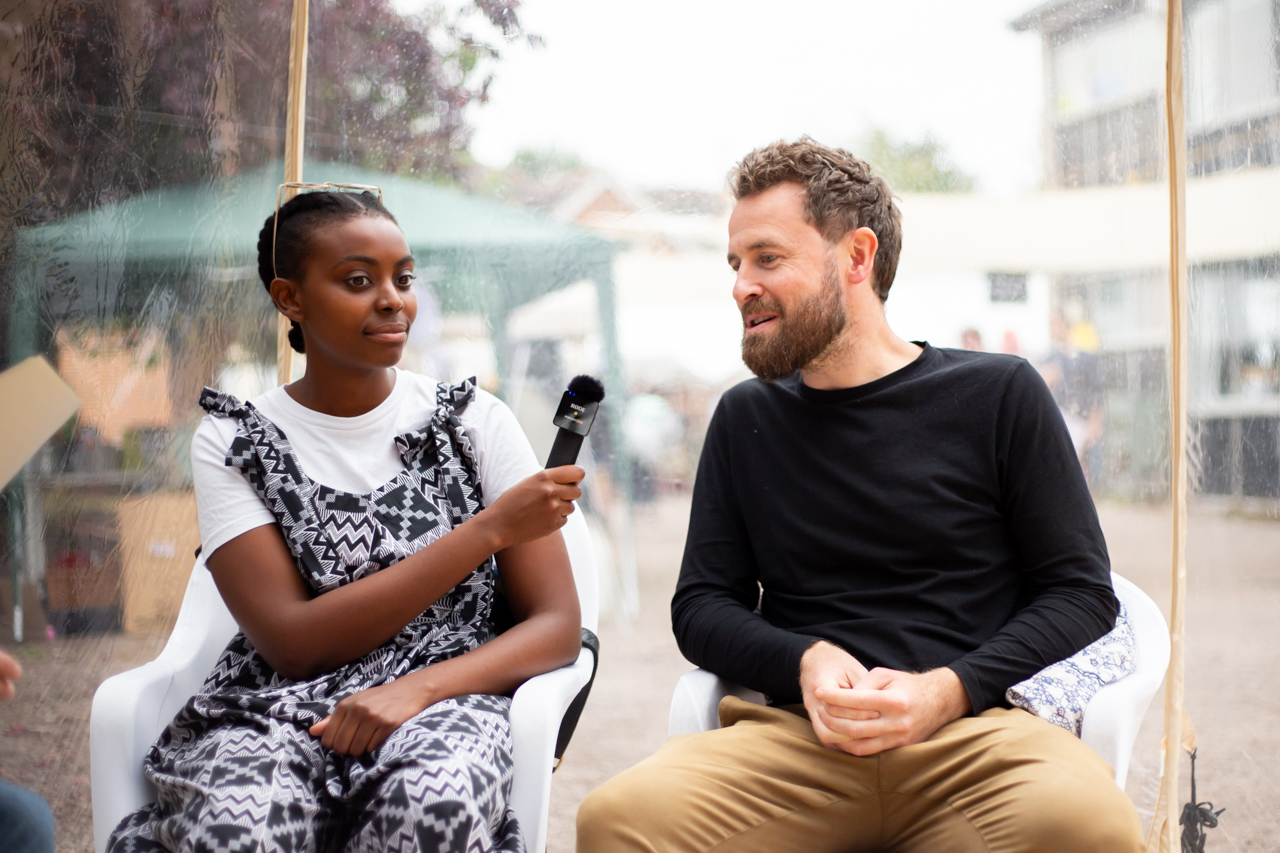
“People who live in a place have got so much knowledge, experience and an understanding of an impact, but are often consulted late, or given ‘option A or B’. The idea of a Community Design Review Panel, is that the design team, rather than having to show their design to build environment professionals, shows it to a local community panel, and the design team then has to then answer them.”
A recipe for the future
These conversations revealed some themes and truths which you may be forgiven for thinking are self-evident, but all-too-often remain a rarity in mainstream development and placemaking approaches.
There is no one recipe for the future we want to build together, the menu is wide ranging, full of flavour and rich in nourishment. It relies on everyone’s creativity, care and passion. At its best, we see local communities build their own power, rather than being invited in or given permission to act. It doesn’t hold itself to a plan, but uses connections and trusted relationships to sense and respond to changing conditions.
These projects demonstrate that people and their surrounding ecosystems can work together to make thriving local places and economies – they don’t have to be in opposition. In each and every project the story was of people coming together and taking action, underpinned by a care for a place and each other. It always involves the slow, messy (and often hidden and unglamorous) work of struggle and negotiation.
Do you have a project you want to shine a light on? Or some insights from your placemaking work that you’d like to share? We’d love to know what you thought. Please contact hannah(at)makespaceoxford.org to share your comments and questions.





